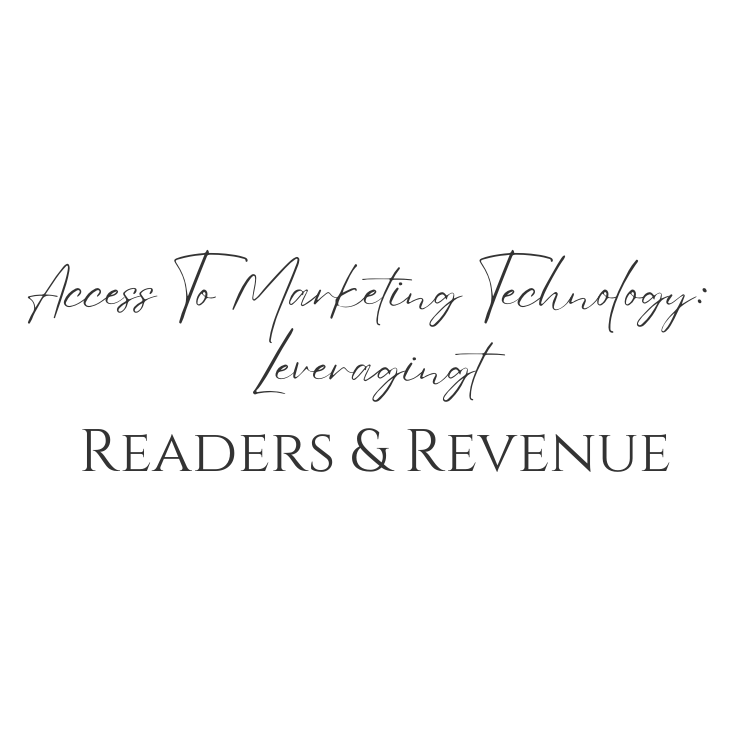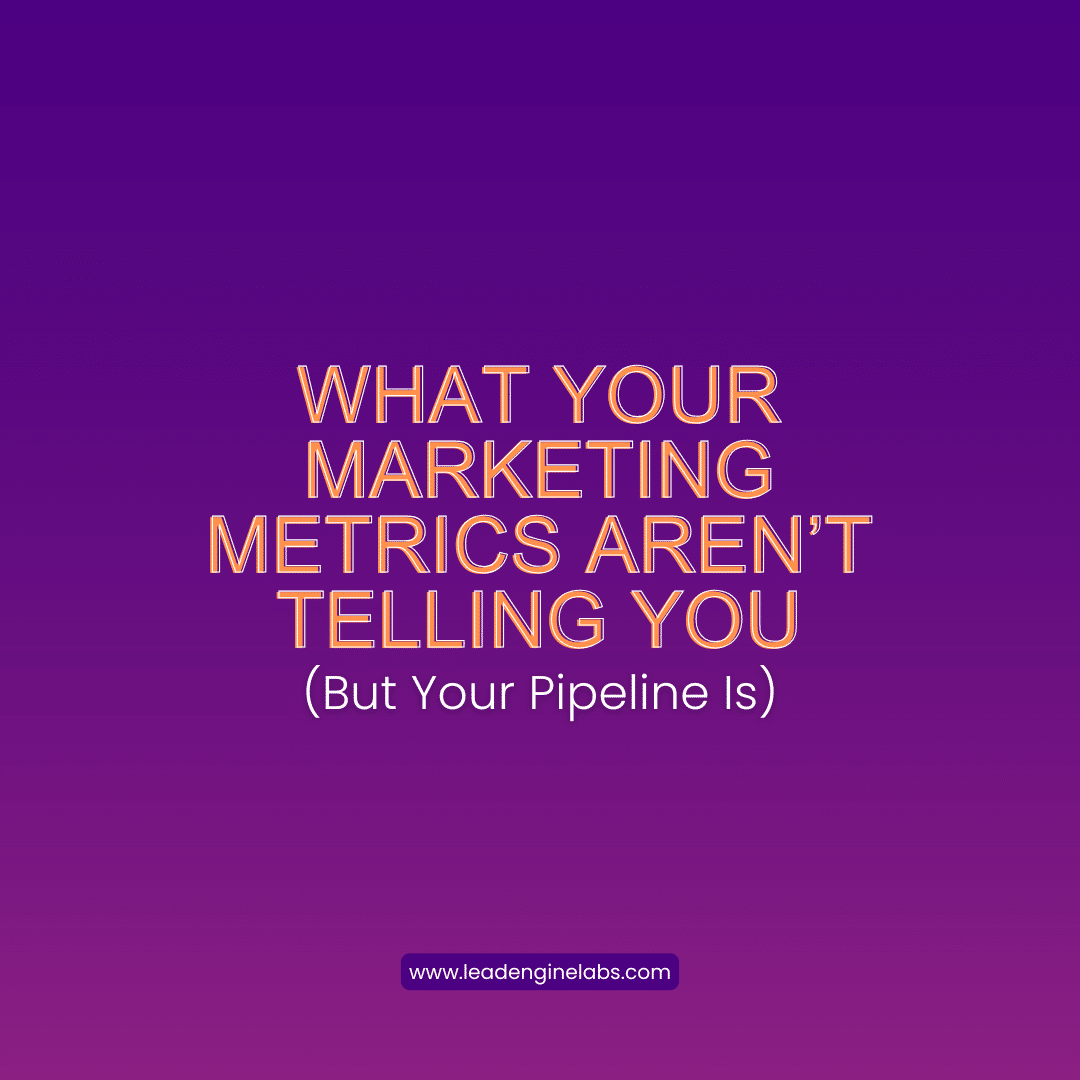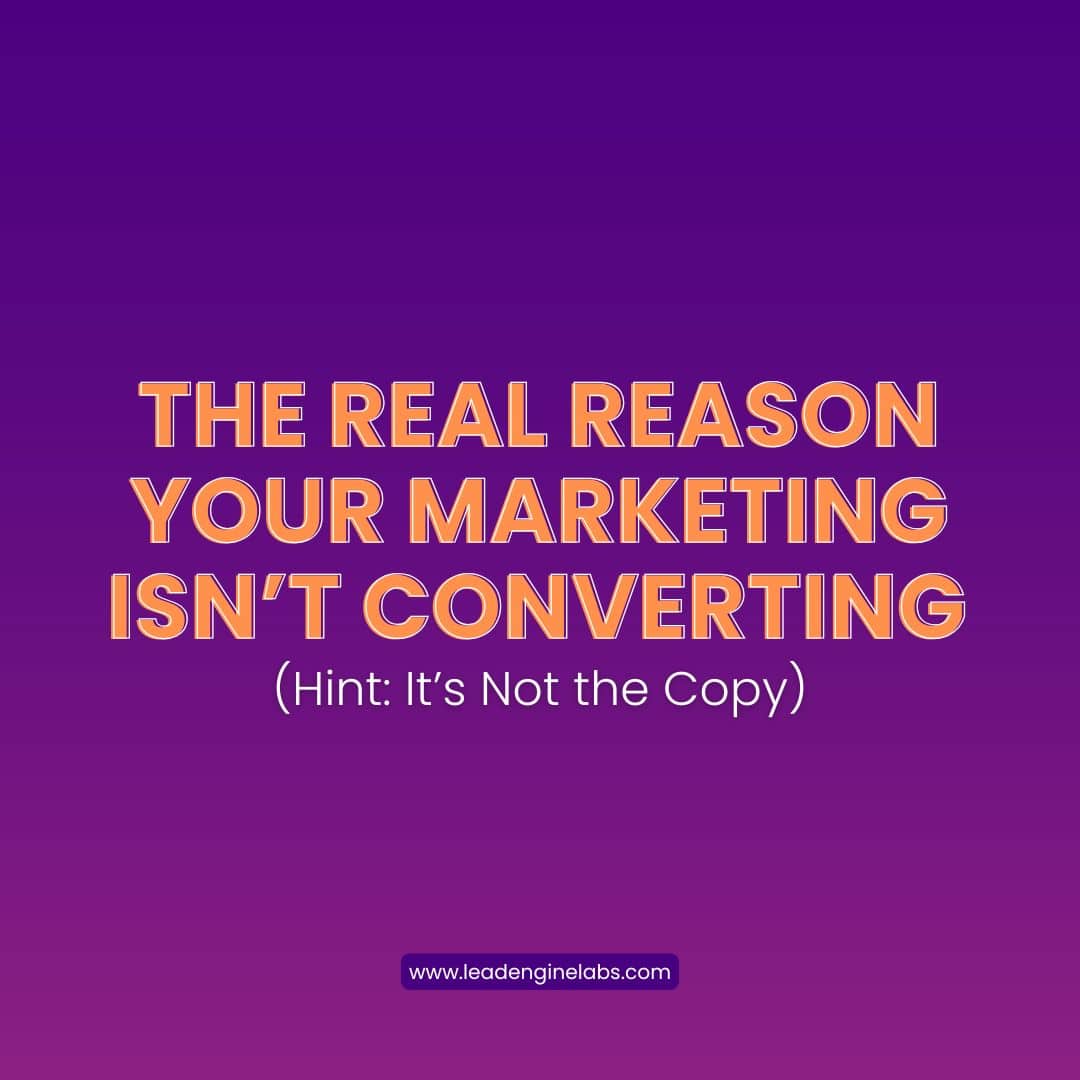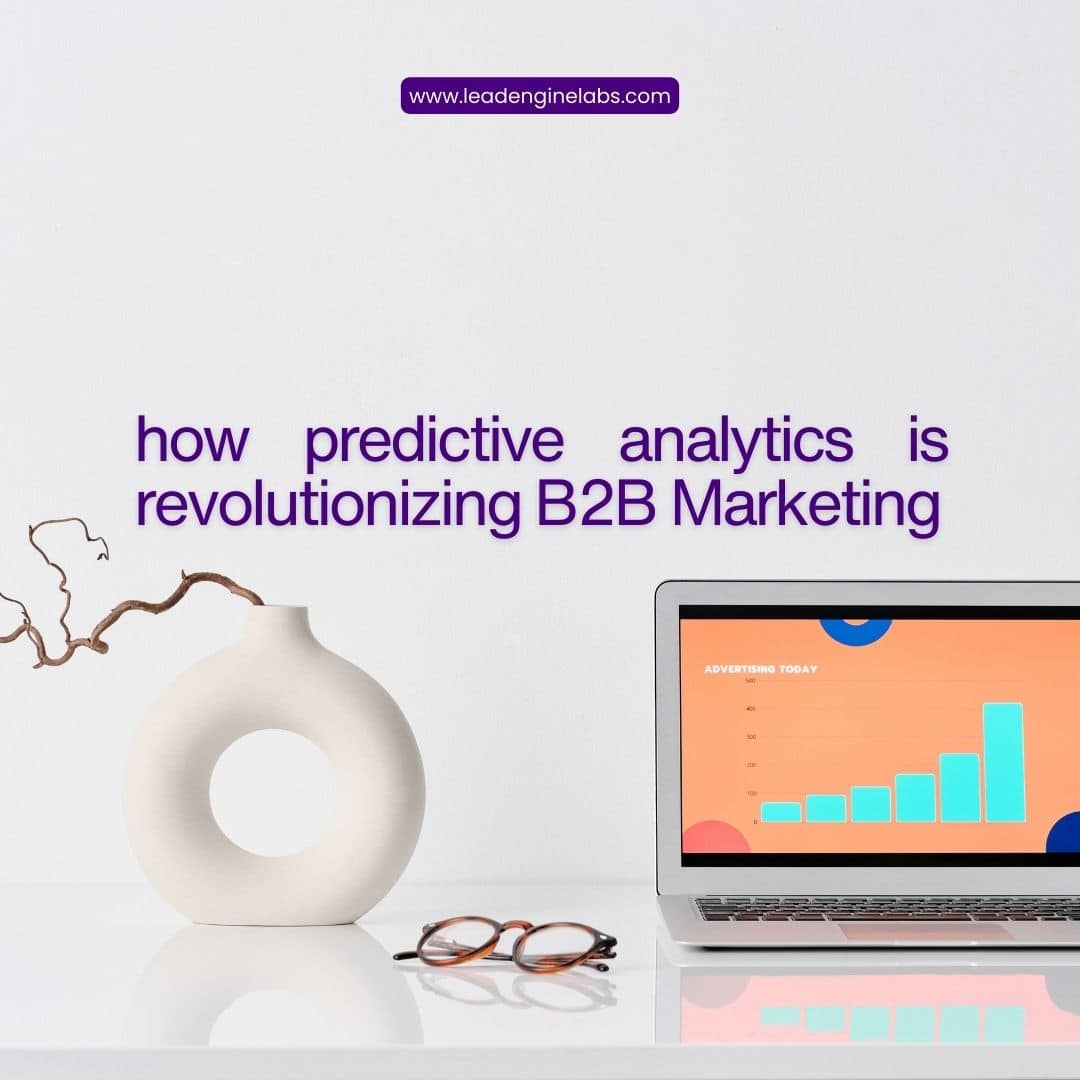You want to be successful in your marketing efforts. You want to stand out from the competition, increase your brand awareness, and drive more sales. But how can you achieve all of this without access to the right tools? The reality is, you can’t.

Marketing technology has become an essential part of any successful marketing strategy today. In fact, it’s not just important it’s crucial. Without access to the latest marketing technology tools and platforms, you’ll be left behind in a sea of competitors who are using these tools to their advantage.
From social media management and email marketing to search engine optimization and pay-per-click advertising, there are countless ways that marketers can leverage technology to improve their campaigns and reach more customers than ever before.
So if you’re ready to take your marketing efforts to the next level, it’s time to start exploring what these tools have to offer.
Key Takeaways
- Marketing technology is crucial for successful marketing strategies, as it allows for tracking of customer behavior, personalizing messaging, and optimizing campaigns for maximum ROI.
- Utilizing best practices for social media management, email marketing, SEO, and PPC advertising can improve open rates, click-through rates, conversions, and customer loyalty.
- Integration of sales and customer data management is crucial for staying ahead in a competitive industry and tailoring messaging to unique needs and preferences.
- Marketing automation streamlines processes, automates repetitive tasks, and generates leads based on engagement levels, while analytics and reporting allow for measuring the ROI of marketing campaigns and tracking performance metrics.
Importance of Marketing Technology
Don’t underestimate the power of marketing technology – it can make or break your success! With competition rising in every industry, integrating sales and customer data management with marketing efforts is crucial for staying ahead.

Marketing technology allows you to track customer behavior, personalize messaging, and optimize campaigns for maximum ROI. By having access to tools that enable integration between departments, you can better understand your customers’ journey from start to finish.
Marketing technology provides a comprehensive view of how each touchpoint impacts the overall experience. This insight enables you to make informed decisions about where to allocate resources and create a seamless experience for your customers.
Moreover, as social media becomes increasingly important in modern marketing strategies, it’s essential to have a way to manage multiple channels at once. Marketing technology can help streamline social media management by allowing you to schedule posts across platforms and monitor engagement from one central location.
With all these benefits at your fingertips, there’s no excuse not to leverage marketing technology for optimal success!
Social Media Management
To build an engaged following on social media, you need to follow best practices that have been proven to work. This includes creating compelling content, engaging with your audience regularly, and leveraging user-generated content.

Additionally, utilizing analytics is crucial for optimizing your social media strategy and ensuring that you’re reaching the right people at the right time with the right message. By tracking metrics like engagement rates and follower growth, you can make data-driven decisions that’ll help you achieve your marketing goals.
Best Practices for Building an Engaged Following
By consistently providing valuable content and engaging with your audience, you can build a loyal following that will help drive the success of your marketing efforts.
To ensure that you’re building an engaged following, there are several best practices to follow. These include:
- Creating valuable content that resonates with your target audience
- Leveraging influencer marketing to increase visibility and credibility
- Engaging with your followers by responding to comments and messages in a timely manner
- Consistently posting on social media platforms to maintain top-of-mind awareness
Implementing these best practices will help you build a following that’s invested in your brand and excited about what you have to offer. By cultivating this relationship, you’ll be able to leverage this community to drive the success of your marketing efforts.
To further optimize your social media strategy, it’s important to utilize analytics to track the performance of each post and campaign. This data can provide crucial insights into what types of content resonate most with your audience, which platforms are driving the most engagement, and how you can adjust your strategy for optimal results.
Utilizing Analytics to Optimize Social Media Strategy
You can optimize your social media strategy by utilizing analytics to track the performance of each post and campaign. Tracking engagement metrics such as likes, comments, shares, and click-through rates will give you insights into what types of content resonate most with your audience. You can use this information to adjust your approach for optimal results.
Measuring ROI is another crucial aspect of utilizing analytics to optimize your social media strategy. By tracking the revenue generated from social media campaigns, you can determine which tactics are most effective in driving conversions and allocate resources accordingly.
With these insights at hand, you’ll be able to refine your social media strategy for better engagement and profitability.
As we move on to email marketing, keep in mind that these same principles apply – tracking engagement and measuring ROI will help you make informed decisions about how to achieve success in all aspects of digital marketing.
Email Marketing
Email marketing is an essential tool for businesses to connect with their customers. With the right email design and segmentation strategies, you can personalize your message and increase engagement.
Here are some tips to help you make the most of your email marketing campaigns:
- Personalize your emails: Use customer data to tailor your messages to specific demographics, interests, and behaviors.
- Optimize for mobile: More than half of all emails are now opened on mobile devices, so make sure your designs are responsive and easy to read on a small screen.
- Test and measure: Experiment with different subject lines, send times, content formats, and calls-to-action to see what resonates best with your audience.
- Automate where possible: Set up triggered emails based on user actions or behavior, such as abandoned cart reminders or welcome series.
- Keep it simple: Don’t overload your emails with too many images or text blocks. Stick to a clear message that’s easy to scan quickly.
By following these best practices for email marketing, you can improve open rates, click-through rates, conversions, and customer loyalty.
But email is just one piece of the puzzle when it comes to digital marketing success. The next step is optimizing your website for search engines through search engine optimization (SEO).
Search Engine Optimization
Improve your website’s visibility and attract more organic traffic by optimizing it for search engines through SEO.
Keyword research is one of the first steps in a successful SEO strategy. By researching what keywords your target audience is using to find businesses like yours, you can strategically place these keywords throughout your website’s content and meta tags to increase its relevance for those terms. This increases the likelihood of your website appearing at the top of search engine results pages (SERPs) when users search for those keywords.
On-page optimization is another essential component of SEO that involves optimizing elements on individual web pages in order to improve their ranking on SERPs. This includes optimizing title tags, meta descriptions, header tags, image alt tags, and internal linking structures. By ensuring that all of these elements are optimized with relevant keywords and provide a clear description of what each page offers, search engines will better understand the context and relevancy of your website’s content.
By implementing effective keyword research and on-page optimization strategies in your SEO efforts, you can achieve higher rankings on SERPs which will drive more organic traffic to your site. However, while SEO is an important aspect to consider when trying to grow your online presence, it’s not the only strategy available. Pay-per-click advertising can also be an effective way to attract potential customers who are searching for products or services similar to yours.
Pay-Per-Click Advertising
Oh great, just what we all needed – another way for Google to take our money through pay-per-click advertising. But wait, before you dismiss this form of advertising as a waste of resources, consider the benefits it can offer your business.
Pay-per-click (PPC) advertising is an effective way to drive traffic to your website and improve brand awareness. Maximizing ROI is crucial when it comes to PPC advertising. To do this, it’s important to understand your target audience and tailor your targeting strategies accordingly.
Utilize the available tools such as Google Ads’ Audience Insights and Facebook Ads Manager’s Custom Audiences to create specific audience segments based on demographics, interests or behaviors. By doing so, you’ll ensure that your ads are reaching the right people at the right time.
When crafting your PPC ads, be strategic in choosing keywords that are relevant to both your business and target audience. This will help increase click-through rates while decreasing bounce rates. Additionally, consider incorporating ad extensions such as callouts or sitelinks which provide additional information about your products or services directly within the ad itself.
Through these efforts, you can more effectively engage potential customers with targeted messaging that speaks directly to their needs. As important as PPC advertising may be for driving web traffic and increasing brand visibility, content marketing serves as a critical component of any comprehensive marketing strategy.
By creating valuable content for your target audience that aligns with their interests and needs, you can establish yourself as a thought leader within your industry while also enhancing SEO efforts through increased backlinks and social shares. So even though PPC may get them in the door initially, engaging content will keep them coming back for more!
Content Marketing
Effectively utilizing content marketing can establish your business as a thought leader within your industry while driving traffic through increased backlinks and social shares. Content creation is key in this process, as it provides value to potential customers and showcases your expertise. By creating high-quality blogs, videos, infographics, and other forms of content that speak directly to your audience’s needs, you can differentiate yourself from competitors and position yourself as an authority.
To maximize the impact of your content marketing efforts, audience targeting is crucial. Understanding your target audience’s pain points, interests, and behavior patterns allows you to create targeted messaging that resonates with them on a personal level. This leads to higher engagement rates and more conversions. Additionally, strategically promoting your content through social media channels or email lists can ensure that it reaches the right people at the right time.
To fully leverage the benefits of content marketing, it’s important to have a comprehensive strategy in place that involves consistent production of valuable content tailored to specific audiences. In addition to increasing brand awareness and generating leads, effective content marketing can also improve SEO rankings by increasing website traffic and dwell time. By investing time into developing an impactful content strategy that prioritizes quality over quantity and targets audiences effectively, businesses can successfully drive growth through their online presence.
As important as effective utilization of technology tools like Content Marketing is for success in today’s digital world, this should be performed with proper planning. This will help achieve optimal results for businesses looking forward to leveraging technology for marketing purposes beyond just creating great contents! Speaking about leveraging technology beyond just creating great contents brings us into considering ‘Marketing Automation.’
Marketing Automation
As you learned in the previous subtopic, content marketing is an essential component of any successful marketing strategy. However, creating and distributing compelling content can be time-consuming and challenging to manage at scale. This is where marketing automation comes into play.
Marketing automation technology allows you to streamline your marketing processes, automate repetitive tasks, and personalize communication with prospects and customers. By using tools like automated email campaigns, lead scoring, and customer segmentation, you can create a more efficient and effective marketing strategy that drives results.
One of the primary benefits of marketing automation is its ability to generate leads. By automating lead capture forms on your website or social media platforms, you can collect valuable contact information from potential customers without requiring manual input. From there, you can use lead scoring techniques to prioritize leads based on their level of engagement with your brand and target them with personalized messages that are more likely to convert.
| Marketing Automation | Benefits |
|---|---|
| Streamline Marketing Processes | Save Time & Resources |
| Automate Repetitive Tasks | Increase Efficiency & Accuracy |
| Personalize Communication | Improve Customer Experience |
In addition to lead generation, another key advantage of marketing automation is customer segmentation. By organizing your audience into specific groups based on factors such as demographics or behavior patterns, you can tailor your messaging to their unique needs and preferences. This approach not only increases engagement but also helps foster stronger relationships between your brand and its customers.
As you move forward in leveraging these tools for success through access to technology in the world of digital advertising; analytics and reporting become increasingly important for measuring the impact of each campaign accurately.
Analytics and Reporting
By diving into your campaign data like a deep-sea diver, you can uncover valuable insights and trends through analytics and reporting tools that can inform future marketing decisions. Utilizing data insights is key to making informed business decisions.
With the help of analytics and reporting tools, you can measure the ROI of your marketing campaigns and track performance metrics such as conversion rates, click-through rates, bounce rates, and more. Measuring ROI in analytics and reporting is critical because it allows you to see what’s working and what’s not. You can use this information to optimize your marketing campaigns for better results.
By leveraging technology for data-driven decision making, you can gain a competitive edge in your industry. With real-time data at your fingertips, you can make informed decisions quickly. Tracking marketing performance metrics is essential for optimizing marketing campaigns.
By analyzing these metrics, you can identify areas where improvements are needed to increase engagement with potential customers. Whether it be changing the messaging or targeting specific demographics, having access to these insights enables marketers to adjust their tactics accordingly.
In conclusion, utilizing analytics and reporting tools is crucial for successful marketing operations today.
Frequently Asked Questions
How much does marketing technology typically cost?
To determine marketing technology costs, you must conduct a cost breakdown and ROI analysis. Factors include software, services, and implementation. An innovative mindset will help justify the investment in strategic tools for success.
What are some common challenges businesses face when implementing marketing technology?
Implementing marketing technology can be challenging due to data integration issues, lack of proper training and education on the tools, and resistance to change. Overcoming these obstacles requires strategic planning and a willingness to embrace innovation.
Are there any industry-specific marketing technology tools?
As you seek industry-specific solutions, you’ll find customizable platforms that cater to your unique needs. With these powerful marketing technology tools, you can streamline processes and maximize results in a strategic and analytical way. Innovation awaits.
How do you measure the effectiveness of marketing technology?
To measure the effectiveness of marketing technology, you need data-driven insights and an ROI calculation. Analyze metrics such as click-through rates, conversion rates, and customer acquisition costs to determine which tools are worth investing in.
Can marketing technology be used for offline marketing efforts as well?
Integrating offline marketing strategies with marketing technology can optimize results and boost ROI. By measuring the effectiveness of these efforts, you can identify areas for improvement and adjust your approach accordingly. Stay ahead of the curve by innovating your tactics.
Conclusion
Congratulations! You’ve now learned about the importance of marketing technology and how it can enhance your business’s success. By leveraging tools such as social media management, email marketing, search engine optimization, pay-per-click advertising, content marketing, marketing automation, and analytics and reporting, you’re able to streamline your processes and optimize your results.
In today’s digital age, it’s crucial to stay ahead of the curve with the latest technological advancements to remain competitive. As the saying goes, “you snooze, you lose.”By investing in marketing technology and utilizing its capabilities effectively, you’ll gain a significant advantage over those who neglect these strategies.
So don’t hesitate – take action now by implementing these technologies into your marketing plan. With dedication and perseverance, you’ll be on your way towards achieving greater success than ever before. Remember: “the early bird catches the worm.”Start early and reap the rewards of a well-executed marketing strategy powered by cutting-edge technology.




